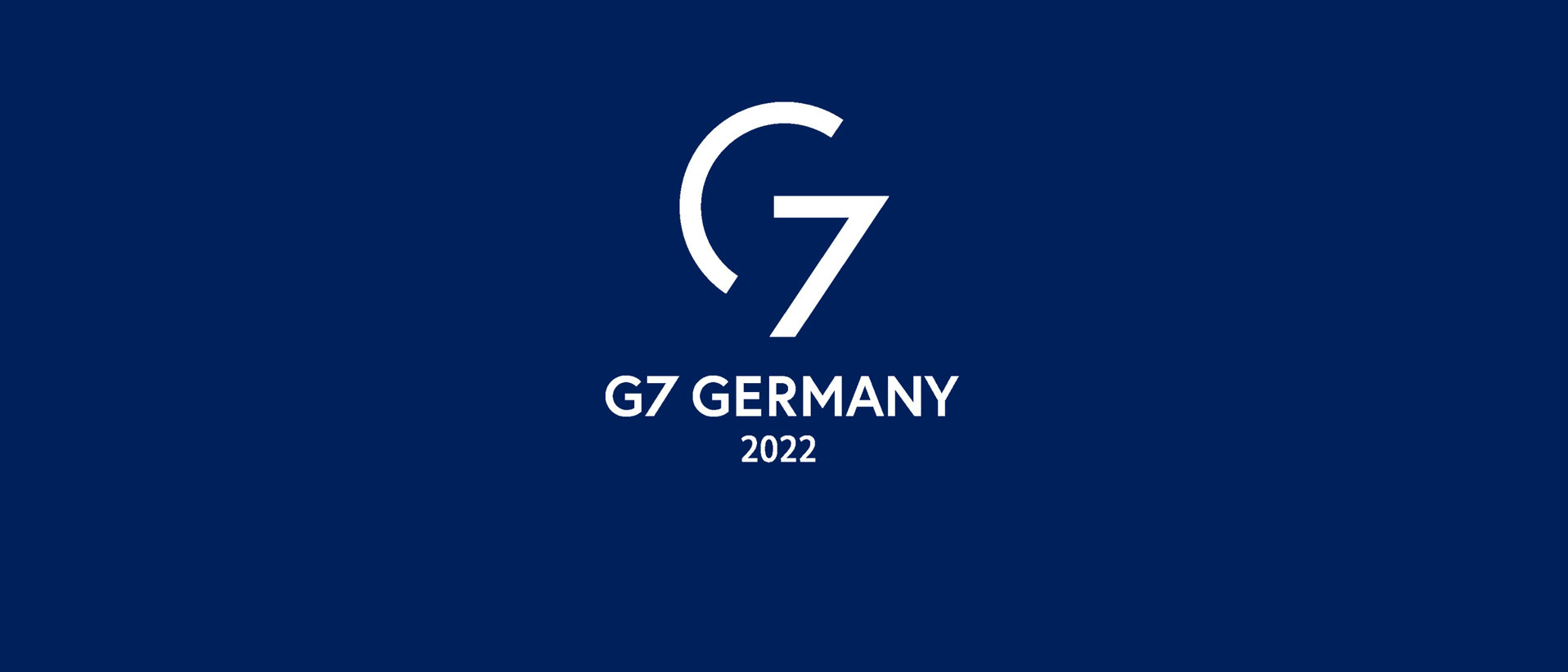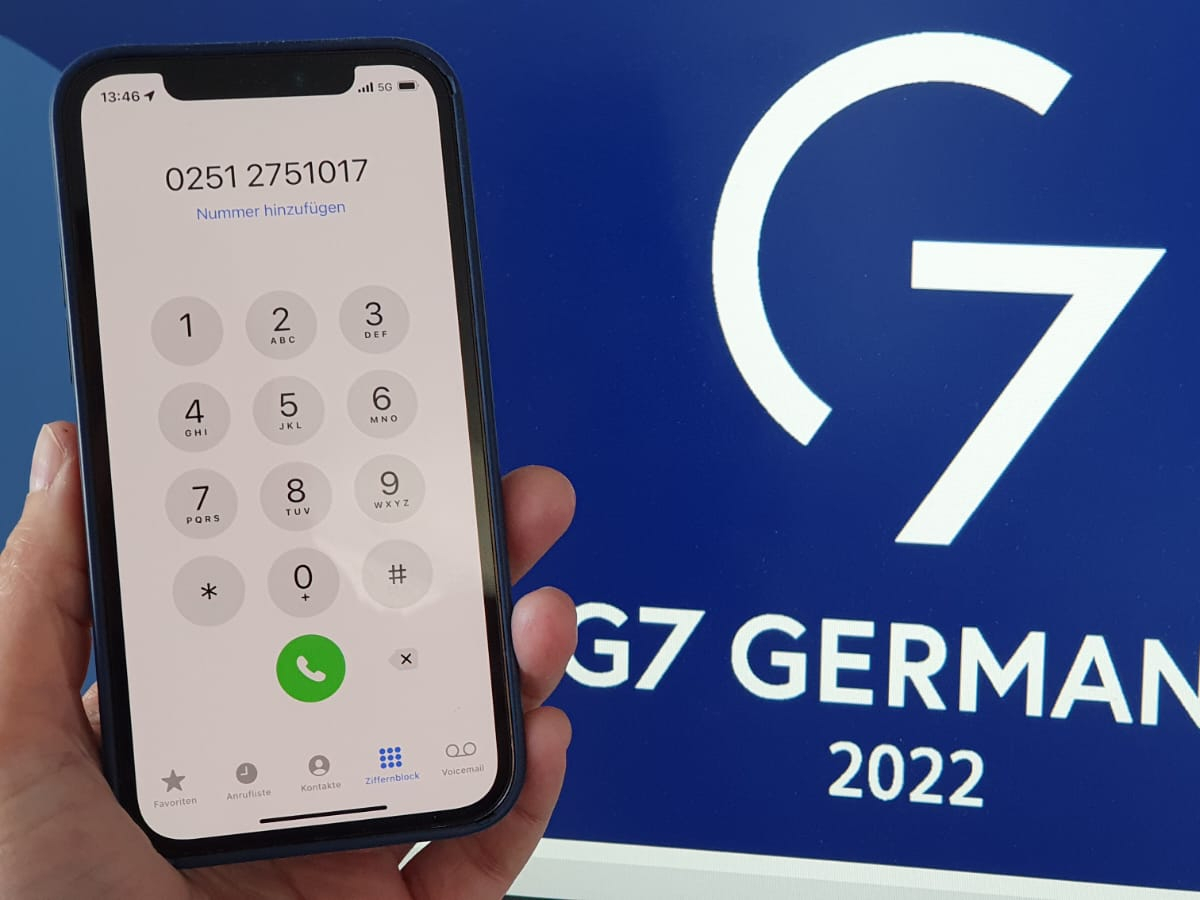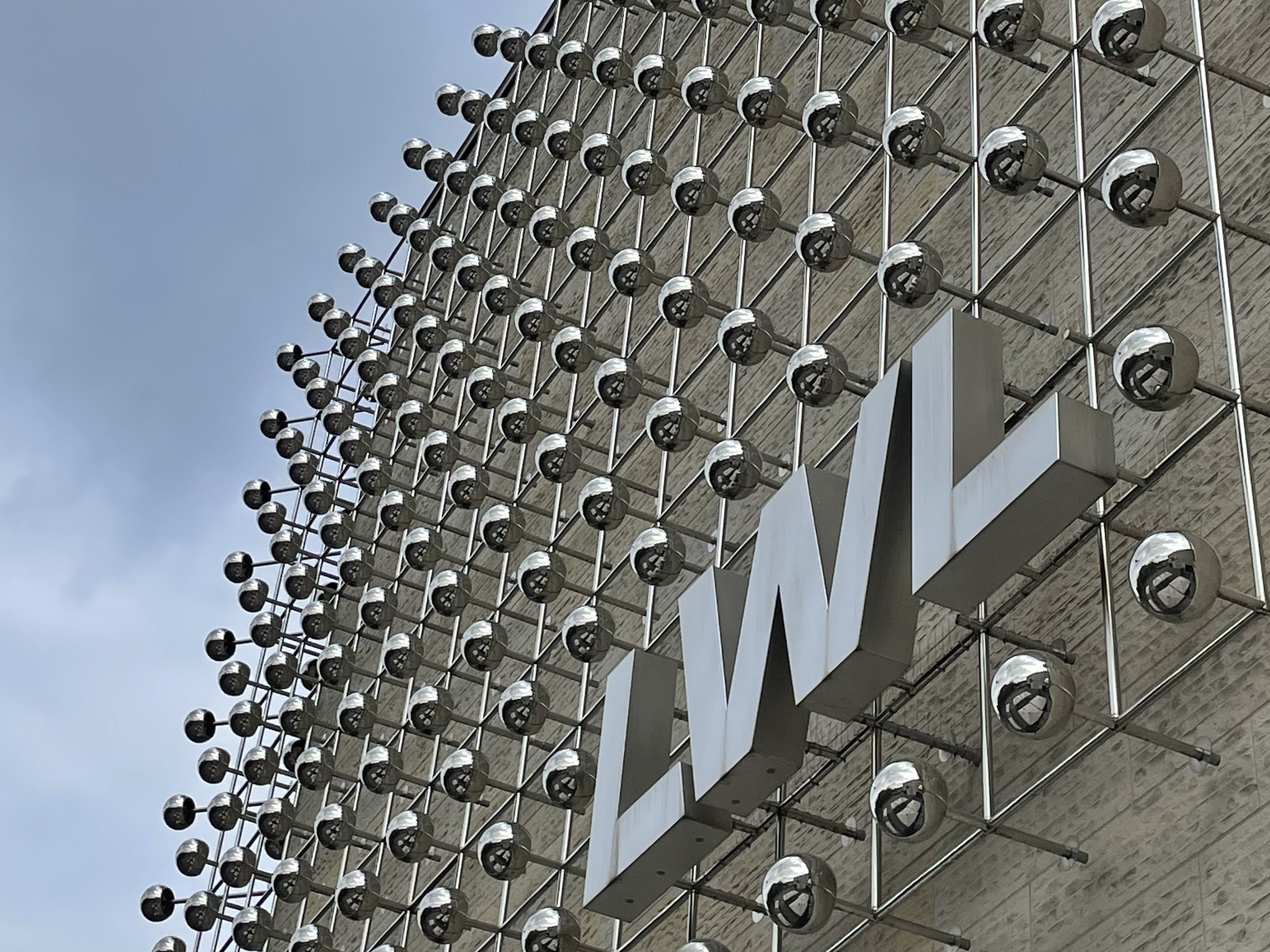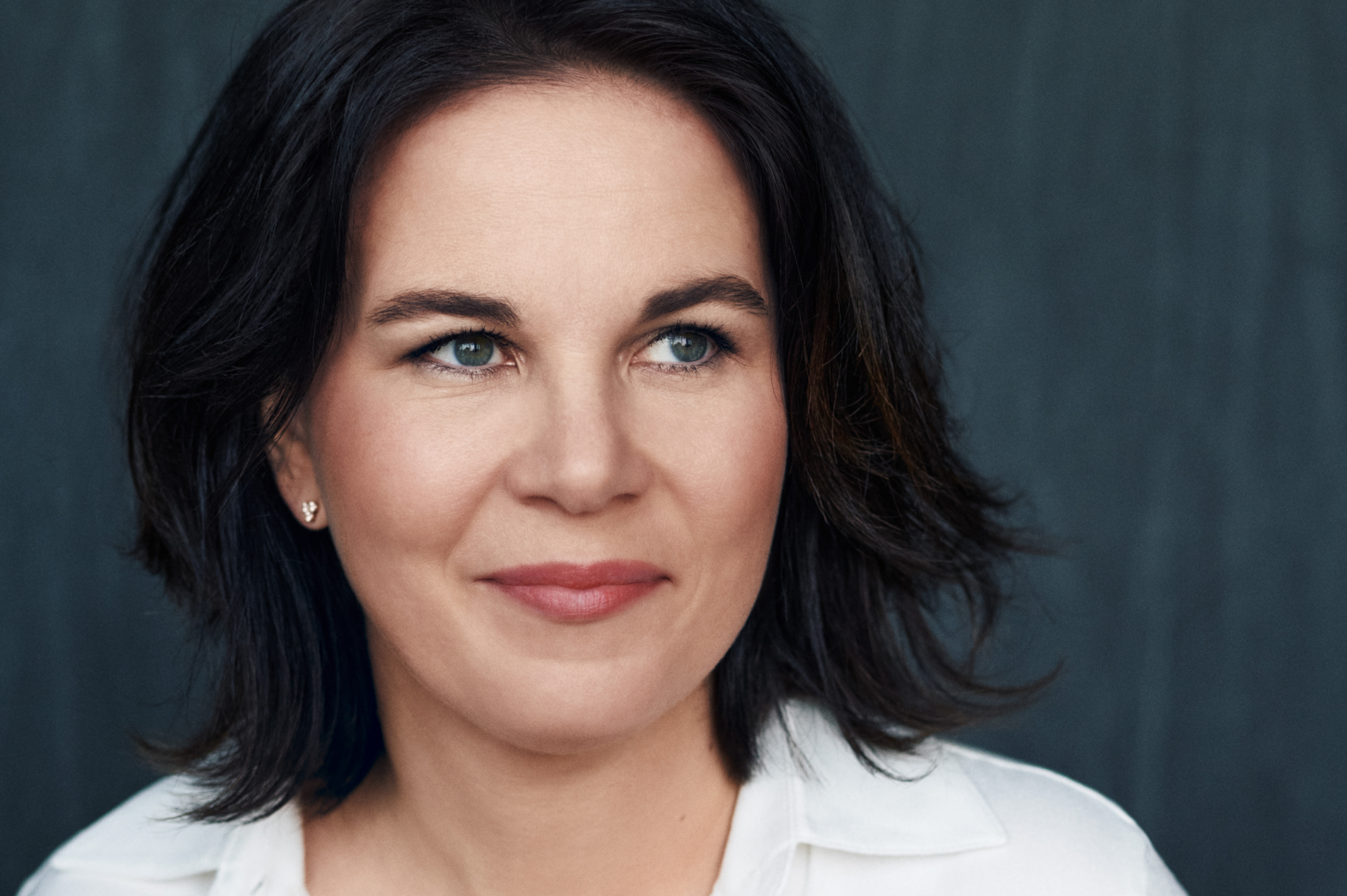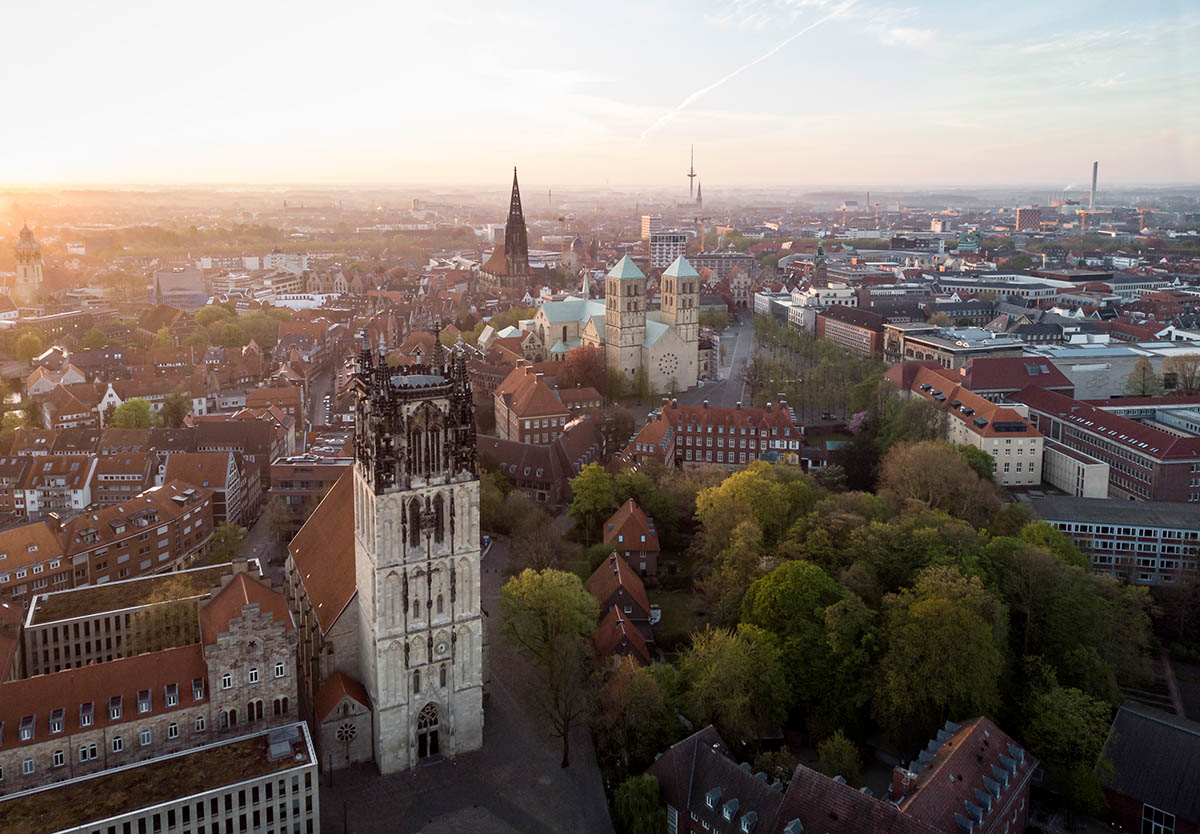City of the Peace of Westphalia
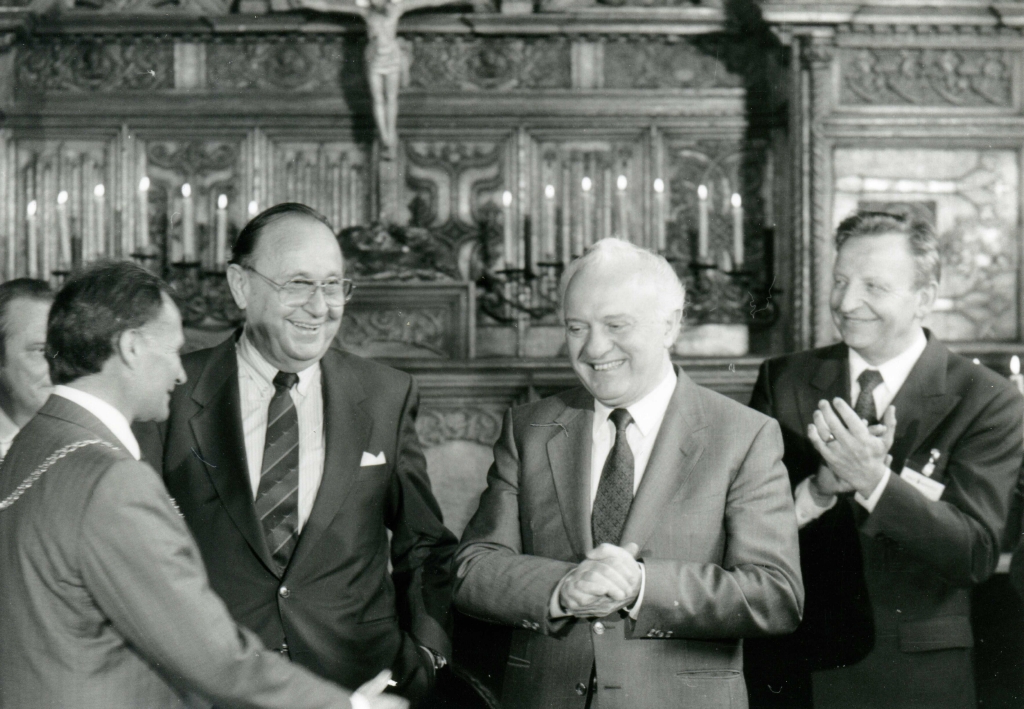
Münster is a cosmopolitan city with over 1,200 years of rich history. Münster has always played a major role in the region and further afield, whether that be as a bishop’s seat, a Hanseatic city, the capital of the Prussian province of Westphalia, a university city or a modern regional centre. But there’s one thing that has immortalised Münster in world history: the Peace of Westphalia.
Peace of Westphalia: History obliges
Hall of Peace
Since the historic peace treaties in 1648, Münster has gone on to host a few more headline-grabbing summits. For example, in June 1990 former Foreign Minister Hans-Dietrich Genscher met his Soviet counterpart, Eduard Shevardnadze, in the Friedenssaal (Hall of Peace) at Münster town hall. Today, the meeting is considered as having been an important step towards German reunification.
Mayor Markus Lewe: “In the City of Peace, Münster, striving for peace is a permanent duty. In light of the current geopolitical situation, this commitment to peace is more important than ever.”
Münster has a deep-rooted tradition as a conference city. One of the treaties that brought about the Peace of Westphalia of 1648 was negotiated in the city for several years. The negotiations, which brought an end to the Thirty Years’ War, were hugely significant in European politics.
The International Prize of the Peace of Westphalia has been awarded every two years in Münster since 1998, with winners including high-ranking guests of the state such as former German Chancellor, Helmut Kohl, former UN General Secretary, Kofi Annan, and King Abdullah II of Jordan.
During the meeting, there will be closures in the areas of Prinzipalmarkt, Domplatz, the LWL Museum and the Atlantic Hotel. You can find more detailed information on the street closures on the Münster Police website.
Some areas will be partially accessible in cases of legitimate interest, such as for appointments, medical treatments or even shopping. However, checks will be carried out at the relevant access points. Generally speaking, the security area is accessible to residents, so please remember to carry an identification document.
In coordination with the Federal Ministry for Digital and Transport, the Münster Police has arranged for the airspace above the city to be classified as a restricted area during the G7 Foreign Ministers conference from 2 to 5 November. Unauthorised entry into a restricted area is punishable by a fine or imprisonment. The appearance of aircrafts in the area of operations will trigger immediate police action.
Further information is available in the press release by the Münster Police
Certain restrictions will apply for public transport during the G7 meeting in Münster: The Prinzipalmarkt and the cathedral square (Domplatz) will be bypassed from Wednesday night (2 November) until the end of the day on Friday (4 November). You can find more detailed, up to date information on street closures and the redirection of busses on the website of Stadtwerke Münster. Electronic timetable information including current journey times and connections can also be found on this website.
The nearest stops to reach the city centre on foot are Ludgeriplatz, Eisenbahnstraße, Bült, Aegidiimarkt or Picasso-Museum, depending on your route of travel.
Further changes due to street closures or demonstrations may occur at short notice.
The security measures surrounding the G7 Summit will affect access to the City of Münster’s overnight letterbox service and the Mitte citizens’ office. As Stadthaus 1 (Klemensstraße 10) is closed to the public on 3 and 4 November, an alternative will be provided in due course.
In order to meet deadlines - for example, in case of objections to building permits or social or regulatory notices - the municipal letterbox at Stadthaus 2 (Ludgeriplatz) will also take on the function of a deadline letterbox during the two G7 Summit days. For this purpose, the City of Münster has developed a legally secure system in the background that will register the times when letters are deposited in the substitute nighttime letterbox at Stadthaus 2.
The regional citizens’ offices in Handorf, Wolbeck, Hiltrup, Roxel and Kinderhaus will remain open as usual.
The Mitte citizens’ office at Stadthaus 1 will only be available via telephone on the Thursday and Friday (3 and 4 November) of the week of the summit. Those who have to take care of matters such as passport renewal, address change, naturalisation, marriage or birth registration at Stadthaus 1 should do so in good time before the G7 Summit, i.e. no later than Wednesday, 2 November – or wait until the following week.
Münster Information in Stadthaus 1 will be relocated on 3 and 4 November. The information office will be available with a reduced service at the Stadtbücherei on Alter Steinweg 11 from 10 am to 6 pm on both days.
Shopping on Salzstraße, Ludgeristraße, Stubengasse and the Drubbel will generally still be possible. The businesses under the arches opposite the City Hall will also be open to visitors, who will be subject to identity checks at the entrance to this area.
Further information can be found on the Münster Police website.
There are currently no plans to cancel the weekly market on 2 November. According to current police plans, Domplatz will remain accessible until the evening. The ecological farmers’ market will not go ahead on 4 November.
The G7 countries include Germany, the USA, Italy, Canada, the UK, France and Japan. In addition, the European Union participates in all G7 meetings in an observational capacity.
Past meetings between the G7 foreign ministers were attended by president of the European Commission, Ursula von der Leyen, and president of the European Council, Charles Michel.
The G7 foreign ministers will address the current issues and strategic challenges of foreign and security policy. The meeting will place particular focus on Russia’s invasion of Ukraine and its consequences for Europe, transatlantic cooperation and international order.
Other core topics will include increasing climate action amongst the G7 countries, the Covid pandemic and its consequences, a sustainable and equitable global vaccine supply as well as strengthening the resistance of democracies.
Germany has taken over the G7 Presidency for the seventh time in 2022, which is why it is hosting the meeting.
The Münster Police are currently operating a telephone hotline for citizens. You can call +49 (0) 2 51/275 10 17 between 7 a.m. and 4 p.m. with any queries about policing in the context of the G7 meeting. The Münster Police will also publish information for citizens on their own web pages and social media channels.
Annalena Baerbock, Federal Minister for Foreign Affairs, and other guests of the state will sign the city’s Golden Book.
